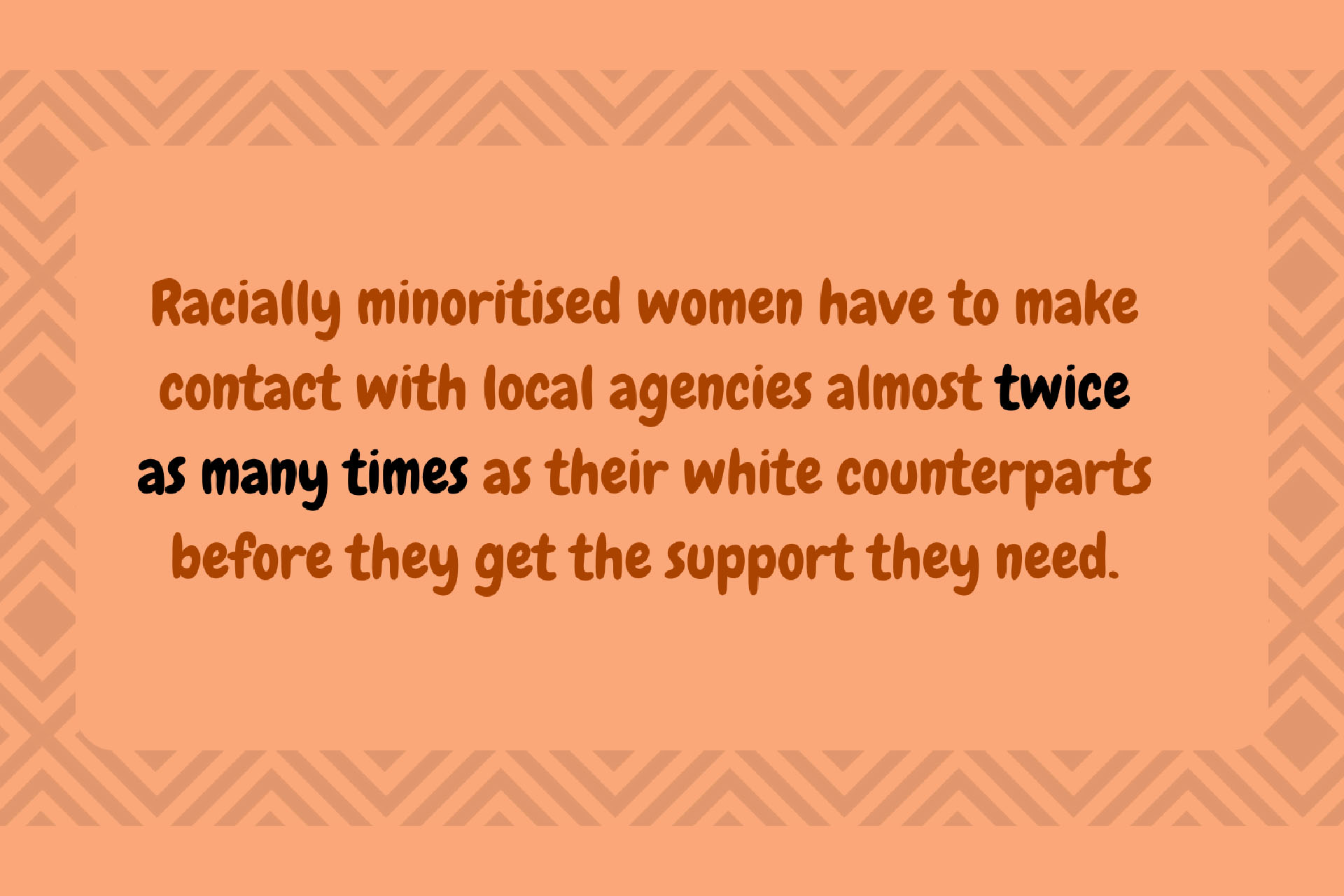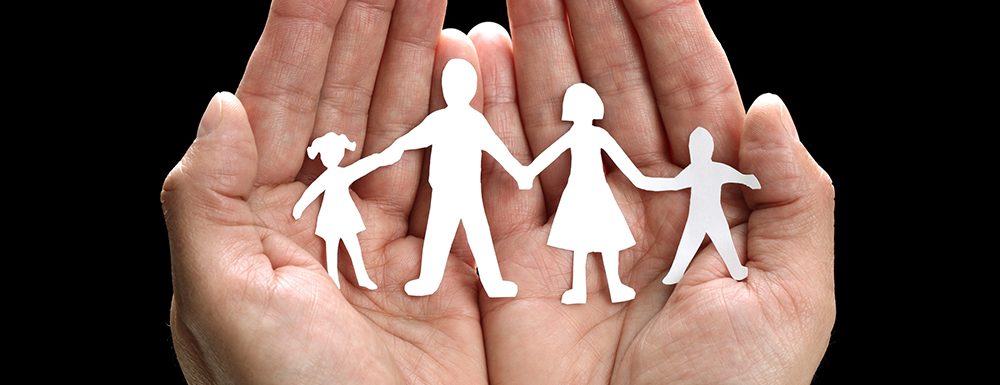
In honour of International Day for the Elimination of Violence Against Women and Girls (VAWG) we want to shed light on gender-based violence (GBV) in ethnically minoritised communities. Over the last few years, we at Shiva Foundation have periodically supported survivors of GBV, whether through our Founder’s partnerships with GMSP, for example, or by finding support for survivors leaving violent homes, offering hotel space during the pandemic when refuges were at capacity. Over the last year, we have taken the time to research this further and want to expand our work to better support survivors of GBV from racially minoritised communities.
Today we wanted to share some of what we have learned. We believe that if we truly want to end this issue, we must shine a light on it.
VAWG
VAWG is becoming an increasingly prominent issue within UK politics. Over the course of the year there have been multiple news stories which have captivated the nation concerning women who have been affected by GBV, such as the tragic cases of Sarah Everard and Sabina Nessa. These cases sparked both vigils and protests to draw attention to the feelings of insecurity and fear felt by many women across the UK. The ‘Femicide Census’ recently revealed that a woman dies at the hands of a man every three days. One thing is clear: in the UK there is an endemic of GBV.
While VAWG affects all women there is an important racial dimension of GBV, with racially minoritised groups facing additional barriers in seeking help and receiving support.
The Statistics
Statistics up to March 2020 showed that on average a woman is killed every three days by a man. 57% of these deaths were at the hand of someone known to the victim. By the same date, 4.9 million women had experienced sexual assault in their lifetime. It is estimated that 1.6 million women in the UK are victims of domestic abuse. And all of this was before COVID-19 which kept people in doors where women experiencing intimate partner violence became trapped with their abuser and fewer people were on the streets reporting situations they didn’t feel right about.
But what about the data for racially minoritised women (e.g. South Asian women, East Asian women, and women from African and Caribbean heritage)? The data is less clear.
Why is the data so poor?
Women from racially minoritised communities on average will suffer abuse 1.5 times longer than their White British counterparts before seeking help. While White women experience challenges in getting the support they need to exit domestic violence, racially minoritised women have to make contact with local agencies almost twice as many times before they get the support they need. What little data we do have is not a true reflection of the real problem.
Underreporting is increased within racially minoritised communities in part because there may be strong cultural notions protecting the community which prevent reporting, but there is also distrust of the agencies meant to help them. Victims fear racism, stigmatisation, retraumatisation, and deportation (in the case of immigrants), all of which deter them from going to the police.
The lack of accurate data is problematic because when the data isn’t there, funding and support to address the issue are also scarce.
Support for ethnically minoritised victims of GBV
In research by Imkaan, 91% of women and girls spoke about the value and benefit of being directly supported by a specialist BME-women-only services. These organisations are important for providing cultural sensitivity, understanding and more appropriate support.
However, before COVID-19, the specialist Black and minoritised refuge sector experienced decommissioning at disproportionate levels. In 2018, 25 Black and minoritised women’s refuges shared an income of £10 million (or an annual turnover of £400,000 on average), compared to ten generic refuges who shared an income of £25 million (or an annual turnover of £2.5 million on average) (Imkaan, 2018). The generic organisation was awarded 6 times more funding than the specialist Black and minoritised women’s organisation on average. As a result, when a victim does come forward looking for tailored services, support is threadbare and can never be more than a band-aid because of the lack of funding it receives.
So, what can we do about it?
1. Improve statutory agency policy and practice when it comes to supporting racially minoritised survivors of GBV
One example is Valerie’s Law, which advocates for education on ethically minoritised cultures for those who respond to GBV calls. Agencies have historically been culturally ignorant when it comes to specific forms of violence (e.g. like honour-based abuse), unsympathetic or dismissive of violence altogether as “a cultural thing”. However, the mandatory Cultural Competency training Valerie’s Law is advocating for will ‘account for the cultural nuances and barriers, colloquialisms, languages and customs that make up the diverse black community’, enabling police officers and others to acknowledge and protect black women in abusive situations through better understanding. Learn more here.
2. Appropriately resource and drive forward the Government’s strategy
Additionally, the Home Office’s VAWG Strategy 2021 to 2024 looks promising, vowing to ‘prioritise prevention, support survivors, pursue perpetrators and create a stronger system’. We urge politicians to push for the policies outlined in it to be implemented, not only through increased funding but also by building a genuine understanding of where the gaps are, what the root causes of GBV are, and how it can be tackled in the long term. It is also fundamental that the Government is putting enough resources into helplines, shelters and support services which are currently lacking – this includes specialist services who may only serve a portion of the population.
3. Increase access to tailored and long term support
We advocate for more tailored, long term and appropriate support for survivors who leave violence. From our work within the modern slavery sector, we know that long-term support is integral to the mental and emotional wellbeing of those who have been through traumatising events. Long-term support gives survivors a direct pathway to recovery and helps them to get their lives back on track.
4. Raise awareness of this prolific crime
Finally, we all must do what we can to shed light on the prevalence of VAWG and bring it out of the shadows. Violence is a worryingly common experience for women, yet there is still a misconception amongst wider society that the issue is not as widespread as we know it to be. All acts of violence, whether harassment by a colleague, rape by a partner, misogynist jokes, or emotional abuse must be called out, investigated and stopped.
By Gabriella Jimenez and Nishma Jethwa


